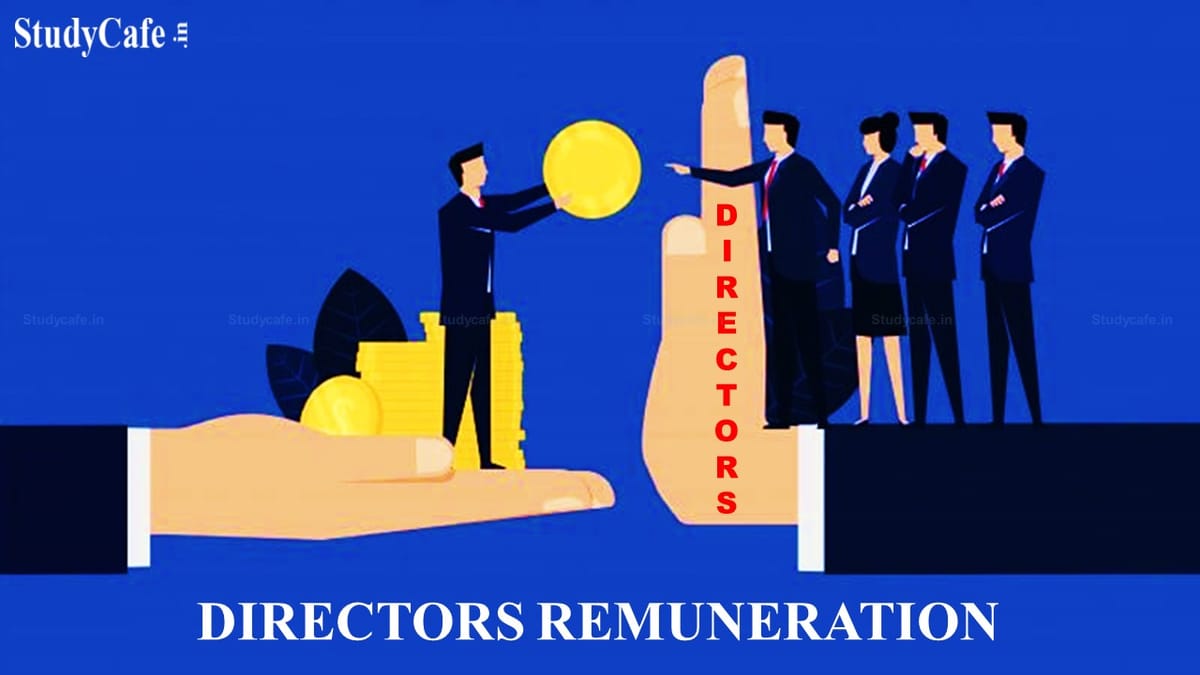Directors Remuneration cannot be held as excessive for disallowance u/s 40A(2)(b) in absence of material brought on record
Deepak Gupta | May 20, 2022 |

Directors Remuneration cannot be held excessive for disallowance u/s 40A(2)(b) in absence of proof
The issue in this appeal of the assessee is as regards to the order of CIT(A) and that of the AO in holding that the director’s remuneration is excessive and thereby disallowing excess directors’ remuneration amounting to Rs.58,19,376/-.
Brief facts are that the assessee is a resident domestic company involved in software development and engineering designs. During the course of assessment proceedings, the AO required the assessee to reconcile the income declared in profit & loss account and the amount credited as per Form No.26AS. The AO noted that the assessee company has paid a sum of Rs.75,07,380/- towards directors remuneration and that is to the extent of 80% of the net profit. The AO noted that the directors remuneration are to the extent of Rs.75,07,380/- as against the net profit declared at Rs.84,40,020/-. The assessee’s turnover is at Rs.1,42,13,393/-. The AO also brought out a comparative remuneration of last year which is ‘nil’ as against the profit of Rs.1,28,55,033/- on a total turnover of Rs.1,85,54,513/-. The AO taking help of Companies Act, 1956, Schedule XIV which prescribes maximum remuneration payable to the directors i.e., managerial personnels which cannot exceed 11% of net profit, restricted the allowance of remuneration at 20% of the net profit that comes to Rs.16,88,004/- and disallowed the differential amount of Rs.58,19,376/-. The CIT(A) also confirmed the action of AO exactly on identical ground that the AO has rightly adopted remuneration fixed for managerial of the company fixed for public limited companies as per the Companies Act and that should be taken as the base for private limited companies also. The CIT(A) also invoked the provisions of Section 40A(2)(b) of the Act. Aggrieved, assessee came in appeal before the Tribunal.
Before us, the ld.counsel for the assessee stated that the assessee has made payment to three directors of Rs.25,02,460/- each and the total comes to Rs.75,07,380/-, who are actively involved in the affairs of the company. The AO and CIT(A) firstly have wrongly invoked the provisions of section 40A(2)(b) of the Act on the ground that only 20% of the net profit is allowable as expenditure and further, drawing inference from the provisions of section 198 of the Companies Act, which is applicable only to the public limited companies.
Further, it was contended that all the three directors are tax assessees and have included the remuneration in the respective returns of income filed by them and paid the taxes at the maximum margin and hence, there is no revenue loss to the Department.
The ld.counsel for the assessee also stated that these three directors are main directors and they are actively participating in the day to day business of the company.
On the other hand, the ld. Senior DR relied on the assessment order and that of the CIT(A) and argued that in earlier year when there was comparatively more profit than this year, no remunerations were paid to these three directors. Even the turnover was more than this year and this year there is decrease in turnover. According to him, the CIT(A) as well as the AO has rightly invoked the provisions of section 40A(2)(b) of the Act and also the provisions of Companies Act, whereby maximum remuneration payable to managerial personnel is restricted. In these lines, he requested the Bench to confirm the order of CIT(A).
In case of any Doubt regarding Membership you can mail us at contact@studycafe.in
Join Studycafe's WhatsApp Group or Telegram Channel for Latest Updates on Government Job, Sarkari Naukri, Private Jobs, Income Tax, GST, Companies Act, Judgements and CA, CS, ICWA, and MUCH MORE!"